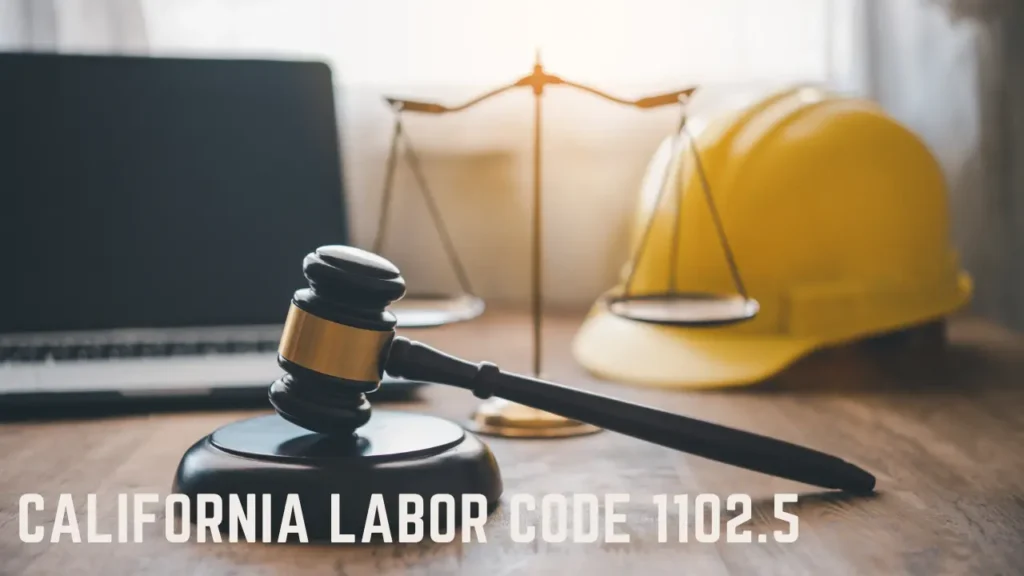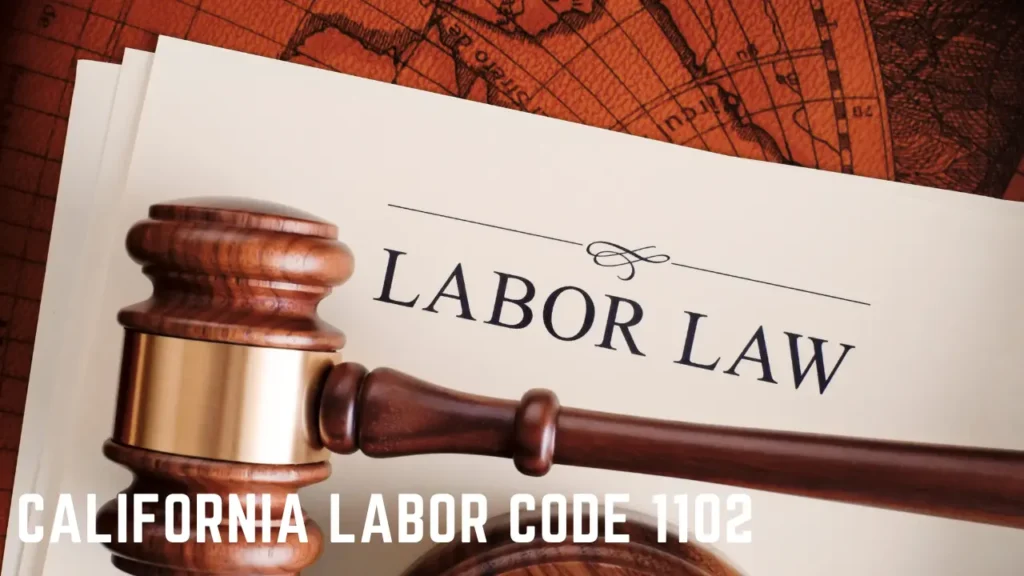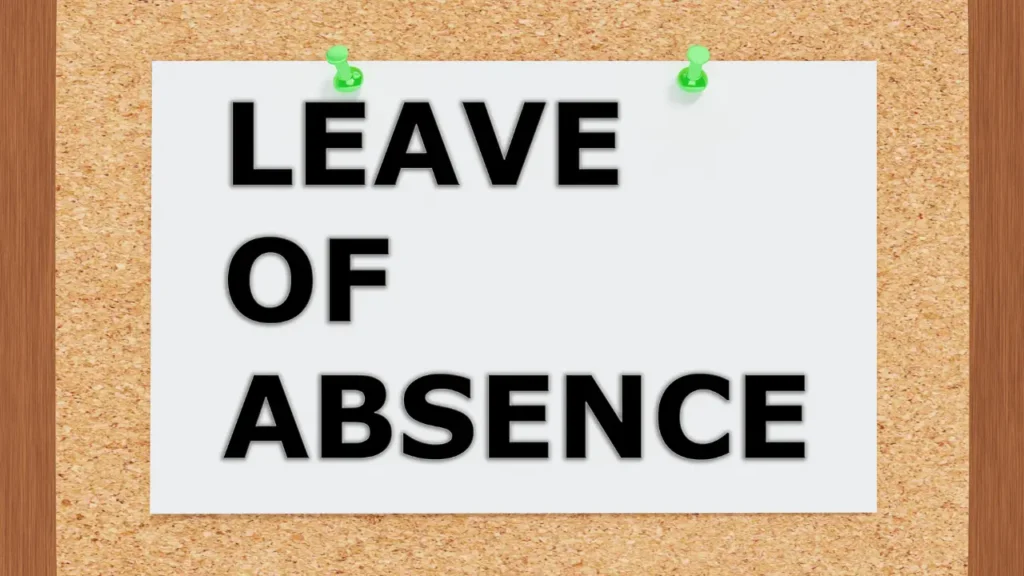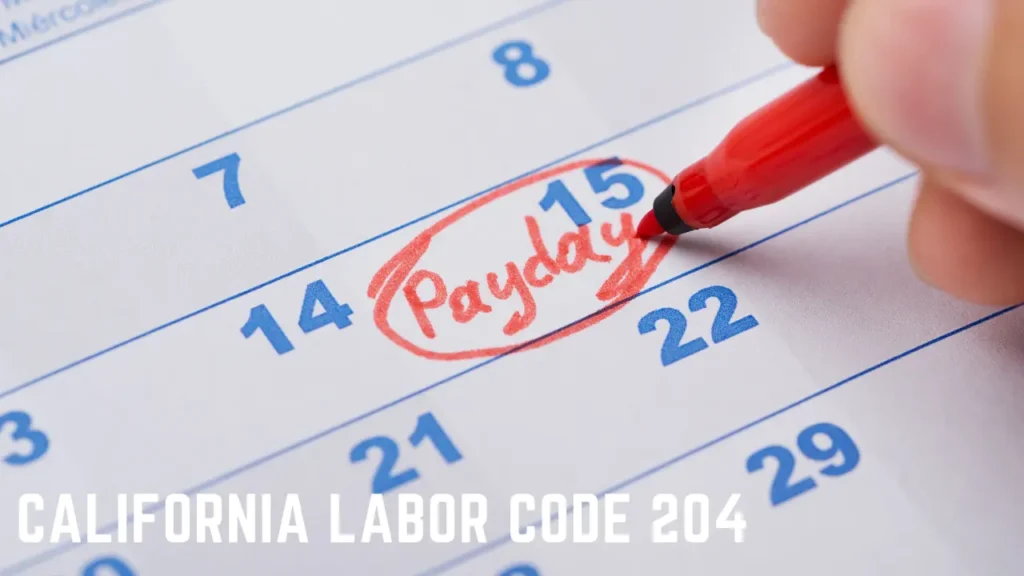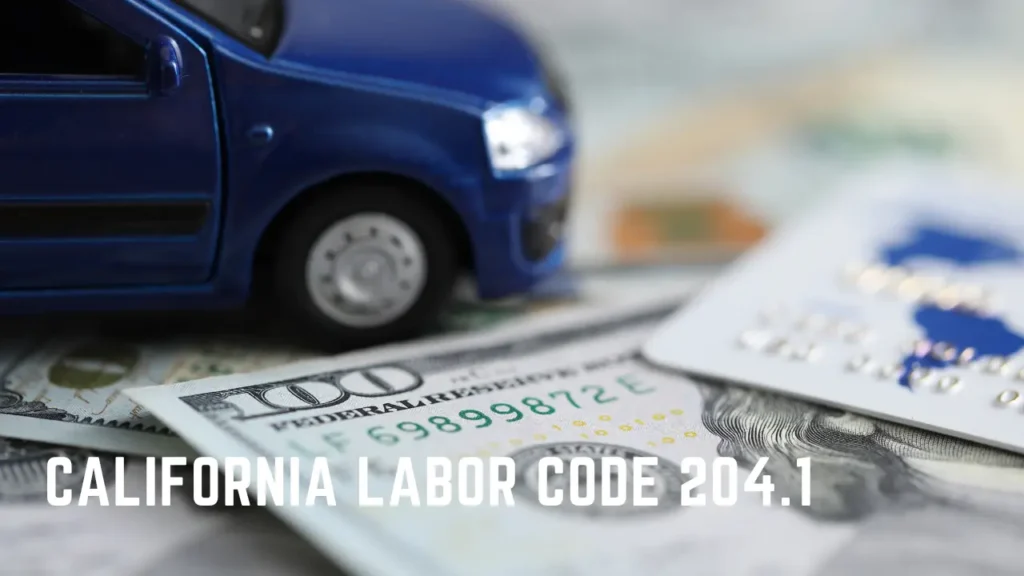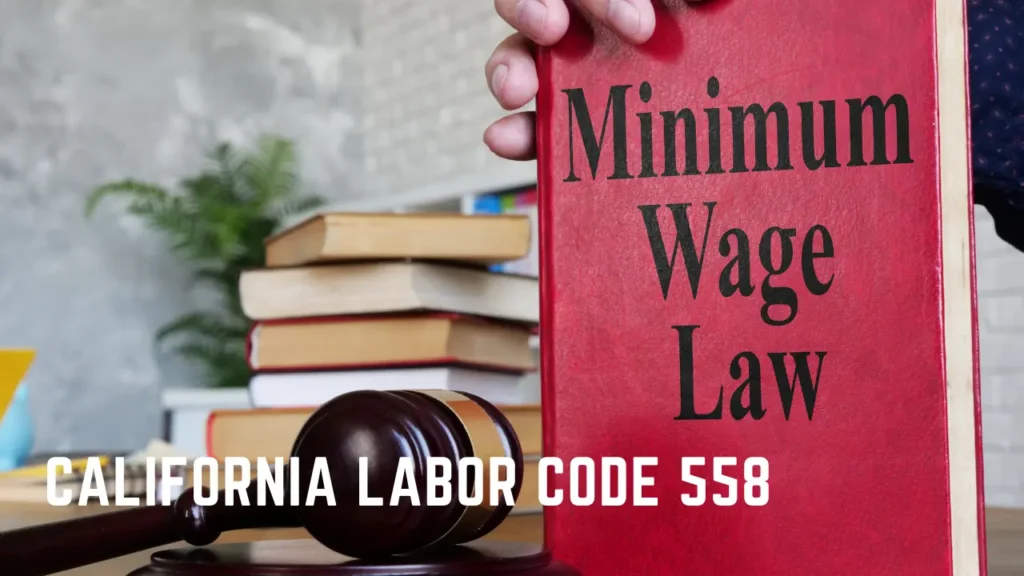Table of Contents
ToggleThe state currently has the highest minimum wage in the country at $15.50 per hour as of January 1, 2023. There are exceptions to this amount, such as for tipped employees and workers under the age of 18.
California Consistently Raises Minimum Wages
California has a consistent pattern of raising the minimum wage. As of 2019, the minimum wage is $11 per hour for businesses with 26 or more employees, and $12 per hour for businesses with 25 or fewer employees.
The pattern of increasing the minimum wage has resulted in some workers seeing an increase in their paycheck, while other businesses have had to make adjustments, such as reducing employee hours or raising prices.
Many cities and counties in California have adopted their own minimum wage laws that are higher than the state minimum wage. For example, the minimum wage in San Francisco was $15.59 per hour for businesses with more than 25 employees, and $15.00 per hour for businesses with 25 or fewer employees.
Some businesses have claimed that the higher minimum wage has forced them to reduce employee hours or raise prices, while others have said that they have been able to absorb the cost without making any changes.
The Importance of Raising Minimum Wages
Raising the minimum wage for Californians is critical. The costs of living in California are astronomical. A person making minimum wage usually is unable to support themselves in California without assistance. The State of California has some of the highest cost of living in the entire United States.
Even with the gradual increase, the minimum wage in California is not a living wage. A person working full time at minimum wage earns $1,472 a month. The 20123 poverty guidelines for a family of four is $27,750. A single person would have to earn $13,5900 annually to be above the poverty line. In other words, a single person working full time at minimum wage in California may be below the poverty line.
The cost of housing is a major reason why the minimum wage is not a living wage in California. While the state minimum wage is $15.50 an hour, the estimated average rent for a two-bedroom apartment is $1,726, which requires an annual income of over $61,200 to afford – more than double what a full-time minimum wage worker earns.
This leaves workers with little choice but to either skimp on other necessities or double up on roommates, which can lead to overcrowding and poor living conditions. And even then, they may still find themselves one unexpected expense away from missing a rent payment.
History of Minimum Wages
California has a long history regarding minimum wage. In 1938, the state enacted the first minimum wage law in the United States. The law required employers to pay their workers a minimum of $0.30 per hour. The law was intended to help workers during the Great Depression.
Hiring A Wage and Hour Attorney
Today, California has some of the most robust minimum wage laws. Employers must pay employees a minimum wage of $15.50 per hour for work performed in California. This is higher than the federal minimum wage of $7.25 per hour. Employers must also provide employees with certain other benefits, such as paid sick days.
Minimum wage laws are designed to ensure that workers are paid a fair wage for their work. Unfortunately, many employers violate these laws by paying workers less than the minimum wage. This can result in workers being unable to make ends meet, and can create an unfair competitive advantage for businesses that obey the law.
If you believe that your employer has violated minimum wage laws, you should contact an experienced employment attorney. An attorney can help you understand your rights and options, and can fight for the compensation you deserve.

